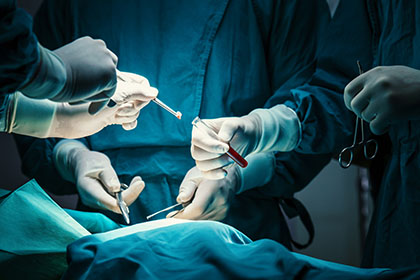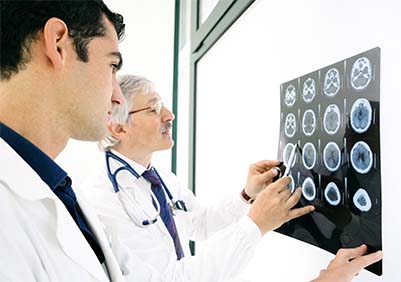CHRISTUS Trinity Mother Frances Neuroscience Institute provides residents of Northeast Texas with world-class care for the diagnosis and treatment of brain conditions.
Patients have easy access to advanced medical technologies, a team of neurological experts, and state-of-the-art facilities for expert brain treatment in one location.
As a patient of the Neuroscience Institute, you will receive a personalized treatment plan from a team that includes neurologists, neurosurgeons, pain medicine specialists, physical medicine specialists, and rehabilitation specialists, all working together for your overall health.
This collaboration means that you receive holistic and thorough care. We employ a clinically integrated approach to provide you with the most innovative and effective treatment available for your condition.
As a patient at the Neuroscience Institute, you will have access to:
- A 12-bed Neuroscience ICU with advanced monitoring and treatment
- A six-bed epilepsy monitoring unit for patients suffering from seizures
- A neurohospitalist, or a hospital-based inpatient neurologist with special training in vascular neurology
- The Novalis Tx™, a stereotactic radiosurgery system treats tumors that are considered inoperable.
Whether you’re suffering from a neurological disease or a brain injury, the CHRISTUS Trinity Mother Frances Neuroscience Institute provides advanced, holistic care to treat your physical, emotional, and spiritual needs.
Your overall well-being is our top priority, and we’re here to support you every step of the way.



